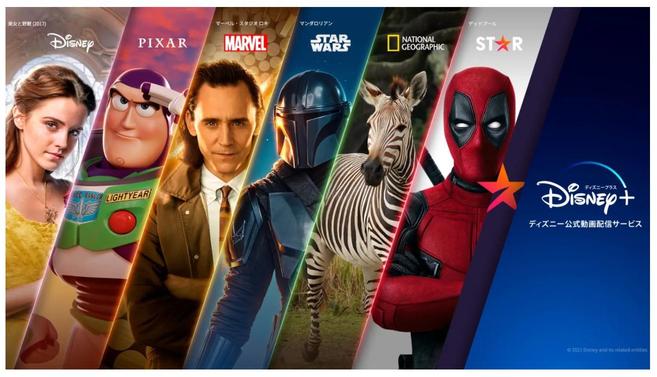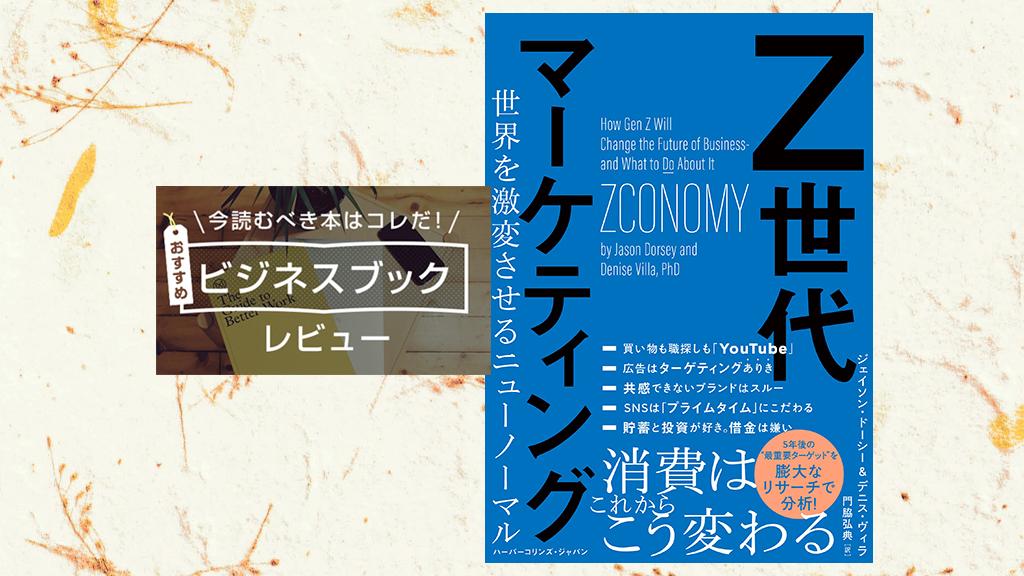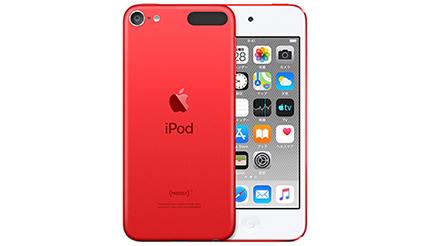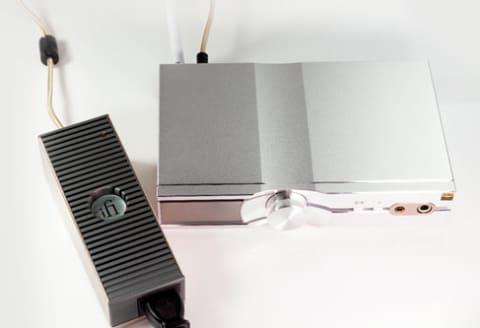Recently, carbon neutrality has been called for, but many companies are worried about specific efforts. Meanwhile, Bosch, the largest automobile supplier, achieved carbon neutrality in 2020, which virtually eliminates CO2 emissions from its business sites.
What kind of initiatives have you specifically implemented? This time, we talked to Bosch President and CEO Klaus Meder.
Its strength is the depth of design and manufacturing, such as manufacturing some semiconductors in Germany.
---: What kind of company is Bosch?
Bosch President Klaus Mader: Founder Robert Bosch, who had worked in the United States when he was young, was impressed by the state of modern electrification and returned to Germany to start an electrical company. It was in 1886. There may be similarities between Konosuke Matsushita and Matsushita Electric in Japan. In the same generation as Karl Benz and Gottlieb Daimler, who invented the gasoline engine car, Bosch's first product, the igniter, was used for its stable performance and reliability. We have begun global business development from an early stage.
The business consists of four main divisions, one is mobility. This includes not only cars but also large engines such as electric bicycles, electric motorcycles and trucks, and after-sales service, which accounts for about 60% of the total. In addition, cooking utensils that consumers can use in their daily lives and electric tools such as gardening. Other industrial products. And there is the energy field.
Bosch in Japan was founded in 1911 and celebrated its 110th anniversary this year. There have been three core events in its history. One is the sale of Bosch products by distributors. Next is the efforts of airbags and ABS through business alliances. And the integration of those businesses. Mobility is the center of business in Japan, accounting for about 90%.
Therefore, we are both developing and manufacturing in Japan. For example, the Higashimatsuyama Plant in Saitama Prefecture manufactures power trains, and the Tochigi Plant manufactures ABS and ESP. Yokohama is the center of technology development.
---: About Bosch's strengths.
Meeder: We take pride in being a company rooted in technology. I think the depth of design and manufacturing is different from the others. For example, in electronic control, not only was it originally designed, but a part of the semiconductor was manufactured in Germany, and the Dresden factory was also in operation. We also designed the circuit ourselves, and the sensors are used in 2/3 of smartphones, and it is highly possible that they are also built into your game consoles and digital cameras.
Divide into three departments and proceed with concrete efforts
Expanding the supply system of renewable energy ---: What is your strategy for carbon neutrality?
Meeder: Bosch's corporate stance, "Invented for Life," aims to bring joy and happiness to consumers through Bosch's products and services by creating innovative technologies that are useful to people and society. We are working to reduce the use of natural resources as much as possible to improve our lives and society and the environment.
![[Zero Carbon Special Feature] Bosch, which achieved carbon neutrality in 2020, what is its initiative ... Bosch Klaus Meder, President and CEO 【ゼロカーボン特集】2020年にカーボン・ニュートラルを実現したボッシュ、その取り組み内容とは…ボッシュ クラウス・メーダー代表取締役社長](https://website-google-hk.oss-cn-hongkong.aliyuncs.com/drawing/article_results_9/2022/3/22/fc7105a16dbd12c98bf12f91fb46cbcc_1.jpeg)
Long-term strategies include reducing accidents and making them safer, and making cooking utensils easier to use by electrifying them. We have also worked to reduce the use of water and energy and waste.
Global environmental problems are becoming more serious, and we have achieved carbon neutrality in 2020 following the Kyoto Protocol and the Paris Agreement. As a global company with sales of 71.5 billion euros in the same 20 years, it can be said that it is the only company that has achieved carbon neutrality.
---: What are your specific initiatives?
Meeder: Our efforts are divided into three divisions. Scope 1 is an initiative such as air conditioning for company cars and offices by reducing carbon dioxide (CO2) emitted directly by the business. Specifically, we are improving the efficiency of energy consumption through heat insulation, installing solar power generation on the roof of the factory, and installing a solar farm in India to generate power.
Scope 2 is the energy that is indirectly used, that is, the electric power that is purchased from others, and for example, how it is generated is also considered to be the scope of our responsibility. The most effective way is to procure green energy. Checking information on companies working on power generation, we are purchasing green energy in Mexico.
If those are not enough, we will include the use of carbon credits. We choose a solid business plan, such as investing in forests. As a rare initiative in Germany, there is a surcharge system for carbon-neutral flights when purchasing boarding passes for aircraft.
---: What is carbon neutrality in your product?
Meeder: This is Scope 3. It is related to upstream and downstream, respectively, and upstream is the procurement of materials, parts, and services. Downstream is C02 reduction at the stage of transportation, recycling, and use as the product goes to market.
Scope 1 and Scope 2 are our own efforts, so they are relatively easy to execute, but Scope 3 has some difficult aspects. Regarding Scope 3, we are aiming for -15% in 2030. In particular, it is difficult to reduce CO2 at the stage of use, and we are working to save energy in our products.
Bosch plans to bring fuel cell power modules to market in 2023 For example, Bosch washing machines can be used in Germany for 15 to 20 years, so how to save energy over many years is important. is. In the field of air conditioning, the utilization of heat pumps, fuel cells, or power generation using hydrogen will become fields in the future. Regarding mobility, I think the shift from fossil fuel-based engines to electric vehicles (EVs) and fuel cell vehicles (FCVs) will progress.
---: What kind of society do you think will be in 10 years?
Meeder: I think Society 5.0 in Japan is a good idea. It is to create a human-centered society by fusing virtual space and the real world to a high degree and solving economic development and social problems. Industry 4.0 in the manufacturing industry is in the factory, but optimization between real and virtual is important. That will happen within 10 years.
The new wafer factory in Dresden, Germany, incorporates all of Bosch's knowledge into a digital twin. There are virtual factories and processes that allow you to compare real data with your ideal model. While giving complete transparency to all processes, AI (artificial intelligence) is required due to the huge amount of data. The above is the story as an industry.
Response to mobility trends and SPACE
Development of autonomous driving technology ---: Automobiles are undergoing major changes. What are the areas to focus on?
Meeder: A trend in mobility is the word SPACE. S stands for software and services, P stands for personalization, A stands for automation, C stands for connectivity = internet connection, and E stands for electrification = electrification. Over the next 10 years, they will be greatly improved. The power train will be driven by motors, and EVs and FCVs will increase. Autonomous driving will gradually increase, as will connectivity.
In terms of driving experience, personalization is progressing, and I think that it will be possible to respond to individual tastes, including rental cars, as a way to enjoy in the car. The time will come when you can enjoy your favorite music, videos, or games. To that end, the architecture of the electrical components must also be changed, and Bosch will provide it to automakers. It will also benefit consumers.
Cars are updated and updated in the same way as smartphones by OTA (Over the Air = Update via the Internet), so there is no need to replace cassette tapes to CDs as in the past. I think that the life will be extended because the functions can be new and it will not be old.




